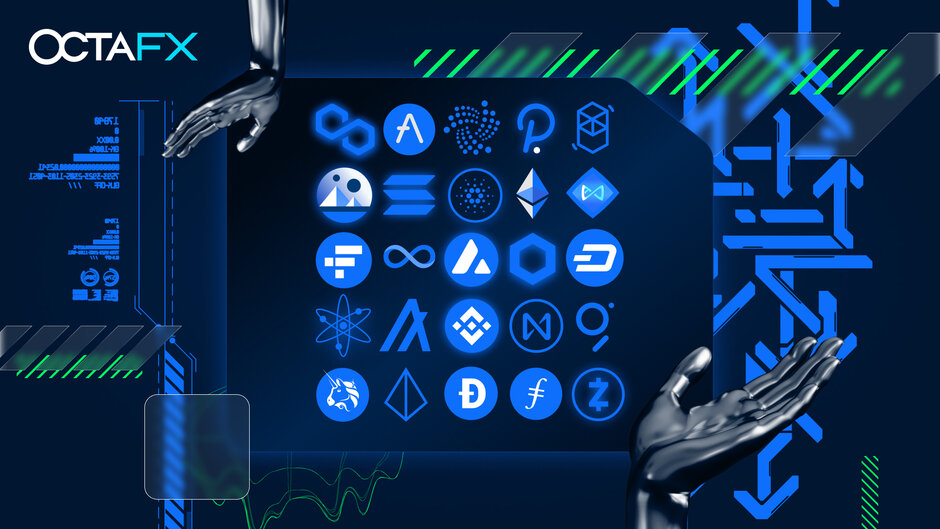FDIC asked Signature buyers to stop all crypto business: Report

The United States Federal Deposit Insurance Corporation (FDIC) has reportedly asked potential rescuers of some failed U.S. banks not to support any crypto services.
The FDIC regulators have asked banks interested in acquiring failed U.S. lenders like Silicon Valley Bank (SVB) and Signature Bank to submit bids by March 17, Reuters reported.
The authority will only accept bids from banks with an existing bank charter, prioritizing traditional lenders over private equity firms, the report notes, citing two sources familiar with the matter. The FDIC aims to sell entire businesses of both SVB and Signature, while offers for parts of the banks could be considered if the whole company sales do not happen.
The FDIC has also required any buyer of Signature to agree to give up all cryptocurrency business at the bank.
New York-based Signature is a major crypto-friendly bank in the United States. The bank is known for many partnerships in the crypto industry, servicing companies like Coinbase exchange, stablecoin issuer Paxos Trust, crypto custodian BitGo, and bankrupt crypto lender Celsius — among others.
The news comes amid U.S. Representative Tom Emmer sending a letter to the FDIC, expressing concerns that the federal government is “weaponizing” issues around the banking industry to go after crypto.
“These actions to weaponize recent instability in the banking sector, catalyzed by catastrophic government spending and unprecedented interest rate hikes, are deeply inappropriate and could lead to broader financial instability,” Emmer said in the letter to FDIC chairman Martin Gruenberg.
The New York State Department of Financial Services officially closed down and took over Signature on March 12, appointing the FDIC as the receiver. To protect depositors, the FDIC transferred all the deposits and most of the assets of Signature Bank to Signature Bridge Bank, a full-service bank that will be operated by the FDIC as it markets the institution to potential bidders.
According to Barney Frank, a former member of the U.S. House of Representatives, New York regulators closed Signature Bank despite no insolvency. Frank speculated that the action was to demonstrate force over the crypto industry, being a “very strong anti-crypto message.” However, the FDIC in January said that it didn’t prohibit or discourage banking organizations from providing banking services to customers of “any specific class or type, as permitted by law or regulation.”
Later reports suggested that Signature CEO Joseph DePaolo and chief financial officer Stephen Wyremski allegedly committed fraud by falsely claiming the bank was “financially strong” just three days before it was shut down. The bank has also reportedly been investigated for alleged money laundering.
Author

Cointelegraph Team
Cointelegraph
We are privileged enough to work with the best and brightest in Bitcoin.




